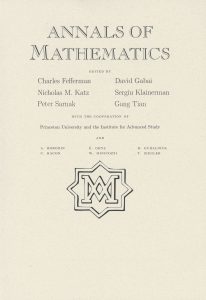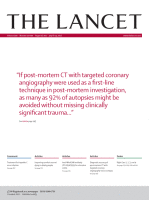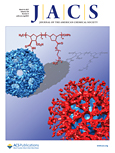 A journal has retracted a 2016 paper after receiving criticism from outside researchers who raised concerns about its methodology and data.
A journal has retracted a 2016 paper after receiving criticism from outside researchers who raised concerns about its methodology and data.
The paper shares multiple authors with another paper that linked the vaccine for human papillomavirus (HPV) to behavioral problems in mice. Last year, a journal removed the study; later that year, the authors published a revised version in another journal. The latest retracted paper focuses on the antibodies present in a form of lupus.
Yehuda Shoenfeld at Tel-Aviv University in Israel, the corresponding author on both this latest retraction and the HPV vaccine paper, recently edited a textbook that explored how vaccines can induce autoimmunity in some people. He told us the 2016 lupus paper does have a link to vaccines [his emphasis]:
Continue reading “The paper is extremely flawed:” Journal retracts article linked to vaccines



 Sometimes, even a short notice catches our attention.
Sometimes, even a short notice catches our attention. A Rutgers computer scientist is retracting conference proceedings via an unusual channel: his personal blog.
A Rutgers computer scientist is retracting conference proceedings via an unusual channel: his personal blog.

 A scientist who sued his employer for millions of dollars has earned two more retractions, for papers that had already been flagged by the journal.
A scientist who sued his employer for millions of dollars has earned two more retractions, for papers that had already been flagged by the journal.